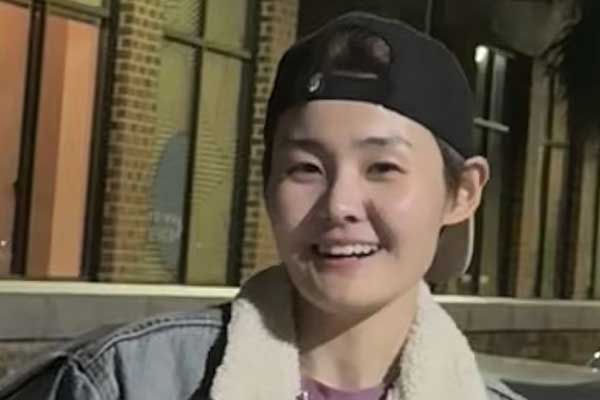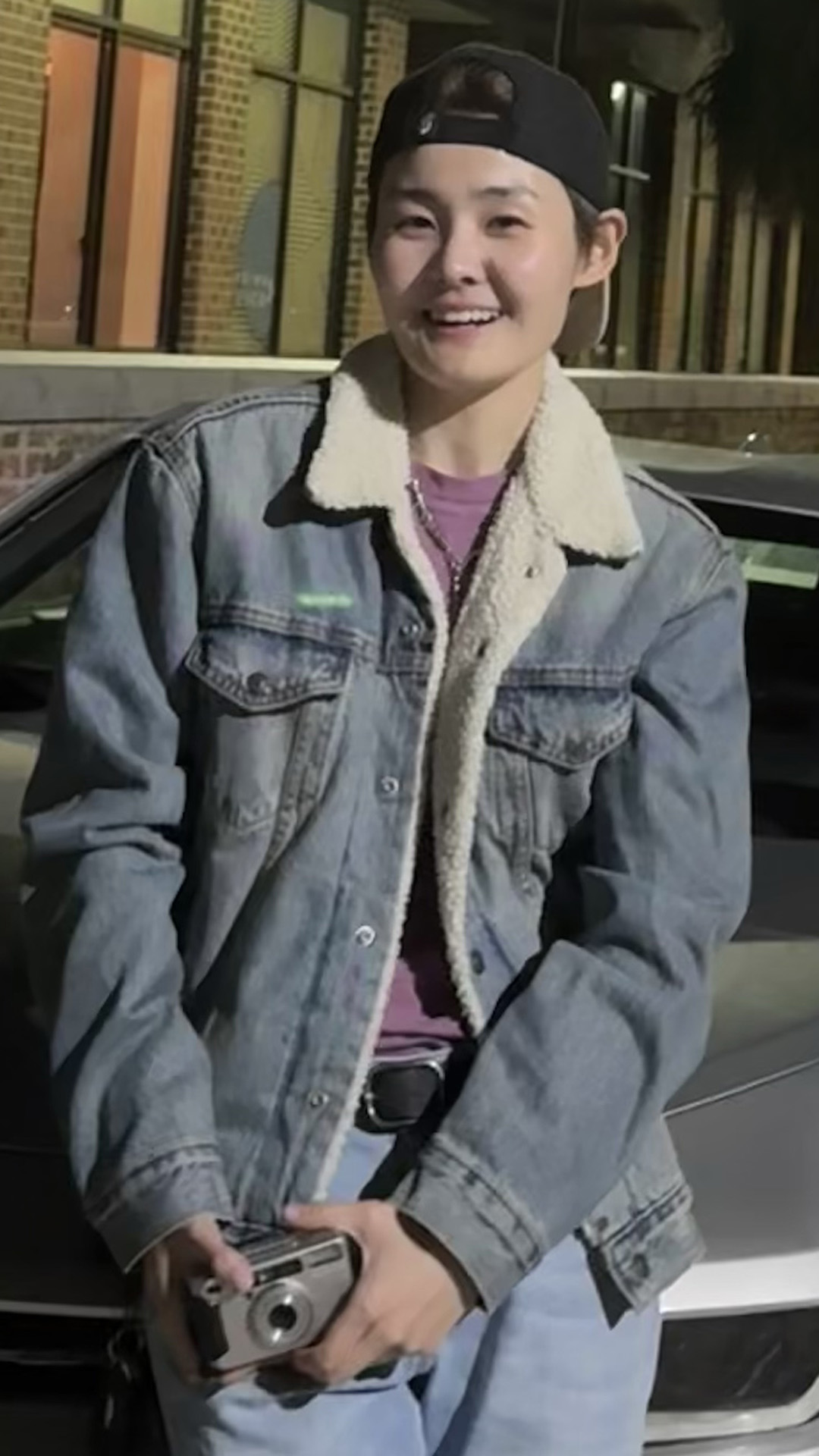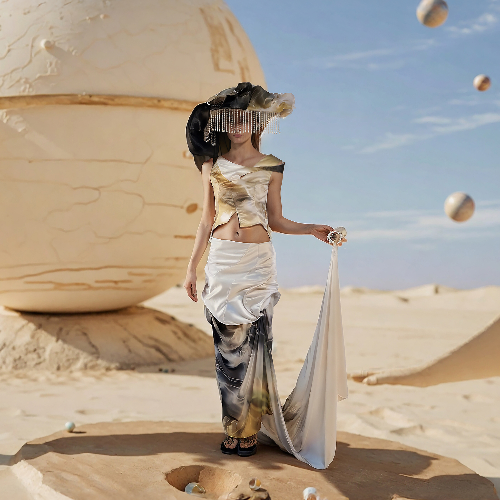
Interview
Chenxue Xia
United States
Chenxue Xia is a fashion and commercial photographer from Shanghai studying at SCAD. Inspired by the studio’s energy and teamwork, she captures fleeting moments that freeze emotion and texture in time.
1 Congratulations on winning in the MUSE Photography Awards! Can you share a little about yourself, what inspired you to pursue photography, and how has your journey evolved since your first shot?
Thank you! I'm a fashion and commercial photographer from Shanghai, currently studying photography at SCAD. I was drawn to photography because of the energy and creativity in the studio—working with stylists, models, designers, and the rhythm of the flash going off—it all felt magical to me. I was really nervous during my first shoot, afraid I wouldn’t get it right. But over time, I developed my own workflow and confidence. Now I feel completely at home in the studio.
2 Can you share the story or inspiration behind your award-winning piece? How does winning this award make you feel about your journey in photography?
The award-winning piece came from my recent exploration of the boundary between reality and artificiality. I used photography and AI-generated imagery to reflect on identity, gender, and perception. Winning this award feels incredibly validating—it’s a sign that the ideas I care about can resonate with others. It makes me feel hopeful and encouraged to keep pushing forward.
3 How do you decide which photo to submit for a competition?
I chose based on concept clarity, technical execution, and emotional impact.
4 What first made you pick up a camera?
I have always been fascinated by the idea of capturing moments that would otherwise disappear. Photography gives me a way to freeze emotions, textures, and energy in time.
5 What’s your favorite type of photography, and why do you love it?
Fashion photography. It blends storytelling, aesthetics, and collaboration. I love how every shoot is a creative conversation between people with different talents.
6 What’s your go-to camera setup, and why does it work best for your projects? What’s your favorite feature?
I use a Canon R5 with a 24–70mm lens for its flexibility in the studio. The real-time eye-tracking autofocus is my favorite feature—it helps me stay in the moment and focus on creative direction.
7 If someone looked at your work, what’s the one thing you’d want them to feel?
I want them to feel a mix of beauty and tension—like something is visually striking, but there’s also a deeper thought underneath.
8 What was the most challenging part of capturing your winning shot?
Balancing control and unpredictability was key. Since I was using AI-generated elements, I had to constantly negotiate between what I imagined and what the tool gave me.
9 Is there a specific place or subject that inspires you the most?
Urban environments inspire me—the contrasts, the lights, the people, and the layered emotions found in public spaces.
10 Who or what has been your biggest influence in photography?
I’m deeply influenced by artists like Ai Weiwei and photographers like Chen Man. I admire work that combines strong visual style with cultural or political commentary.
11 What message would you share to inspire photographers to participate in photography awards, and what advice would you give to help them excel in the competition?
Don’t wait until you think your work is “perfect.” Submit when it feels meaningful to you. Competitions are less about winning and more about reflection and connection. My advice: Be bold, be clear, and be yourself.
12 What’s one piece of advice for someone just starting in photography?
Shoot often, fail fast, and keep learning. Don’t be afraid to try everything—you’ll eventually find your voice.
13 What role do editing and post-processing play in your creative workflow?
Editing is where I finalize the mood and message. I see it as the second half of the storytelling—just as important as the shoot itself.
14 How do you see technology, like AI, influencing the future of photography and your own approach?
AI is changing the game. It opens up new ways of seeing, imagining, and producing. I use it as a tool, but I still believe in the photographer’s vision—AI can support, not replace, that.
15 If you could photograph anything or anyone in the world, what would it be?
I’d love to shoot a surreal fashion series in an abandoned industrial space with dancers—it would combine movement, structure, and beauty in unexpected ways.


